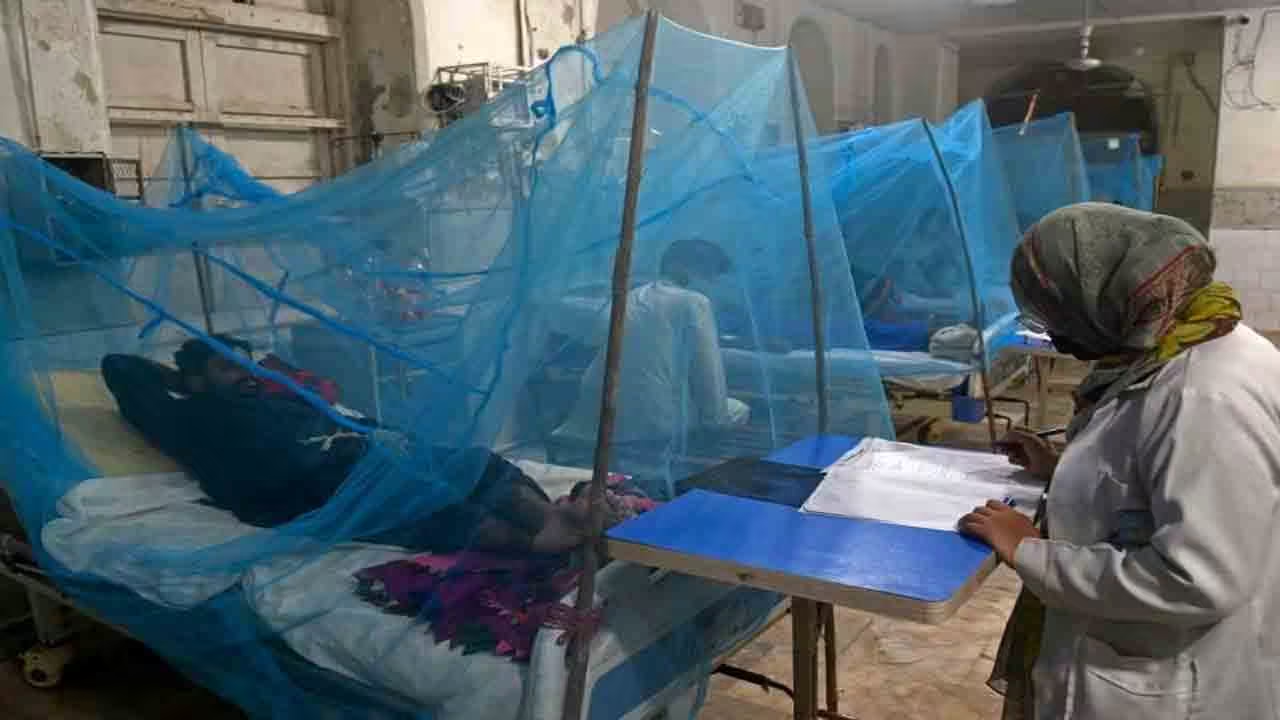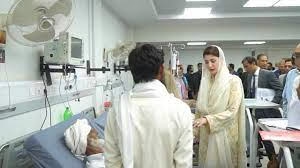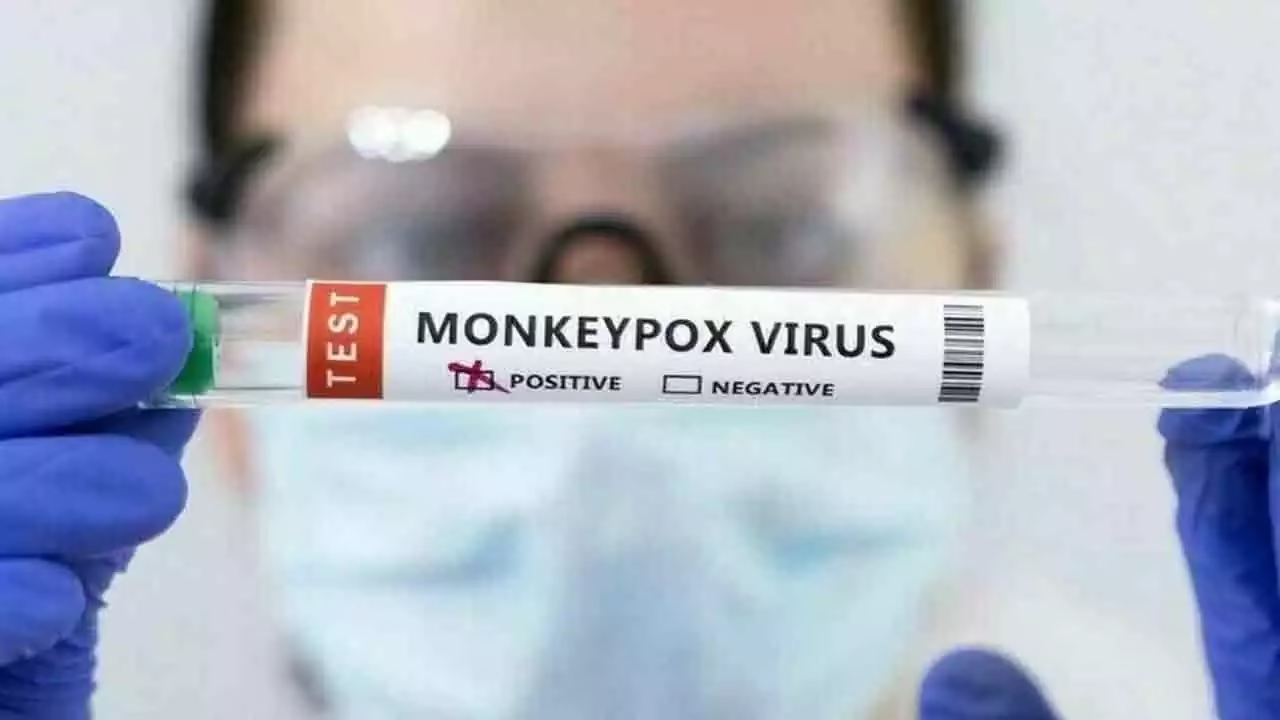The health department has reported a significant increase in dengue cases, with 27 new cases being recorded in just one week, bringing the total number of cases this year to 323. As the monsoon season progresses, the spread of dengue is becoming a growing concern, especially in urban areas like Lahore and Rawalpindi, where the majority of these cases have been reported.
Recent Developments: Dengue Cases on the Rise
According to the spokesperson of the health department, the recent spike in dengue cases highlights the need for heightened vigilance and preventive measures. In the last 24 hours alone, three cases were reported from Lahore and three from Rawalpindi, with additional cases emerging from Gujranwala and Lodhran. This trend reflects the continued presence of dengue-carrying mosquitoes in densely populated regions, where stagnant water and poor sanitation provide breeding grounds for the Aedes aegypti mosquito, the primary carrier of the dengue virus.
Yearly Overview: Dengue Statistics and Concerns
So far this year, 323 cases of dengue have been reported across the country. This figure, while concerning, is not unprecedented, as dengue fever typically sees a rise during the rainy season. However, the rapid increase in the number of cases over the past week has prompted the health department to reinforce its efforts to combat the spread of the disease.
The health department’s spokesperson emphasized that all necessary arrangements have been made to prevent further transmission of dengue. Government hospitals have been stocked with essential medicines and supplies to treat dengue patients, and healthcare facilities are on high alert to manage any influx of cases.
Dengue Prevention Measures: Health Department’s Response
In response to the growing threat, the health department has intensified its efforts to control the mosquito population and prevent the spread of dengue. Key measures include:
Fumigation Campaigns: Regular fumigation drives are being conducted in areas identified as high-risk for mosquito breeding. These efforts are focused on eliminating mosquitoes and their larvae, especially in areas with stagnant water.
Public Awareness Campaigns: The health department has also launched public awareness campaigns to educate the population about the importance of keeping their surroundings clean and free of stagnant water. Residents are being urged to use mosquito repellents, install screens on windows and doors, and wear long-sleeved clothing to reduce the risk of mosquito bites.
Hospital Preparedness: Government hospitals have been equipped with sufficient stockpiles of dengue medicines and other necessary supplies. Medical staff have been trained to identify and treat dengue cases promptly, ensuring that patients receive the best possible care.
Monitoring and Surveillance: The health department is closely monitoring the situation and has set up a surveillance system to track the spread of dengue. This system helps identify hotspots and deploy resources more effectively.
Challenges Ahead: The Fight Against Dengue
Despite these efforts, the health department faces significant challenges in controlling the spread of dengue. Urbanization, population density, and poor waste management practices contribute to the persistence of mosquito breeding grounds. Additionally, public compliance with preventive measures remains inconsistent, making it difficult to achieve widespread control over the mosquito population.
Another challenge is the early detection and reporting of dengue cases. Many patients may not seek medical attention until the disease has progressed, making it harder to contain outbreaks. The health department is working to improve reporting mechanisms and encourage people to seek medical advice as soon as they experience symptoms of dengue, such as fever, headache, joint and muscle pain, and rash.
A Call for Continued Vigilance
The recent surge in dengue cases serves as a reminder of the ongoing threat posed by the disease, particularly during the monsoon season. While the health department has taken significant steps to address the situation, the cooperation of the public is crucial in the fight against dengue. By taking preventive measures and staying informed, communities can play a vital role in reducing the spread of the disease.
As the health department continues to monitor and respond to the situation, it is essential for everyone to remain vigilant and proactive in protecting themselves and their families from dengue. The coming weeks will be critical in determining whether the current outbreak can be contained, and the health department’s efforts, combined with public cooperation, will be key to ensuring the safety and well-being of the population.



